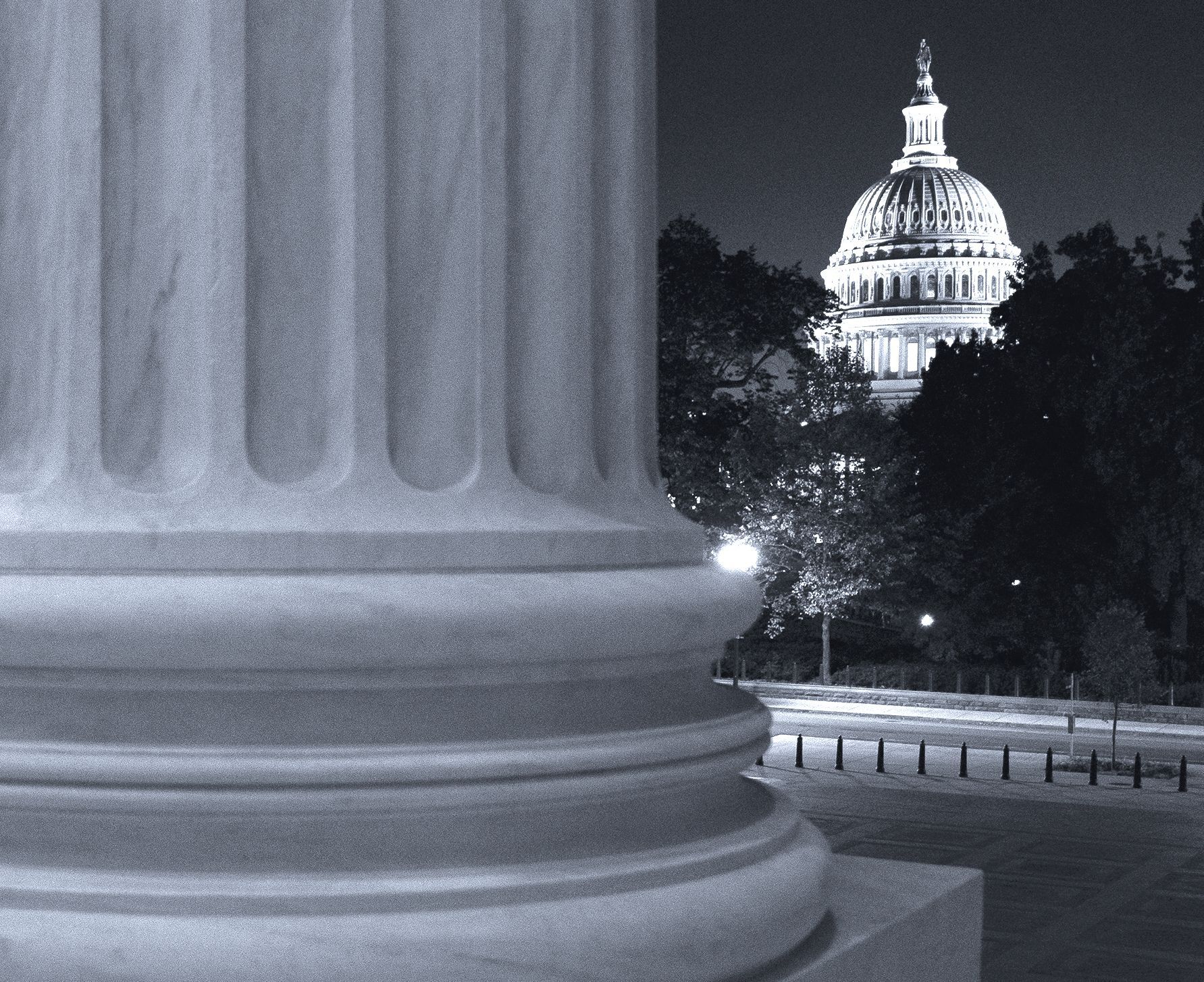
On October 10, 2024, the Federal Trade Commission (FTC) announced that it unanimously approved a much-anticipated final rulemaking that will radically change the form and substance of Hart-Scott-Rodino (HSR) filings.1 The new rules, which represent the most significant changes to the HSR filing regime since the HSR Act was enacted over 45 years ago, will significantly increase the burden on parties submitting HSR filings to the FTC and Antitrust Division of the Department of Justice (DOJ). Unless challenged in federal court and enjoined, the new rules will go into effect 90 days after they are published in the Federal Register.
The new rules, championed by FTC Chair Lina Khan and Assistant Attorney General for the DOJ’s Antitrust Division Jonathan Kanter, introduce new categories of documents and information that must be included with HSR notifications, including certain ordinary-course documents and narrative descriptions of the parties’ competitive activities and supply relationships, aligning the HSR regime somewhat with antitrust premerger filing regimes in many other countries, but on a much larger set of transactions. The FTC estimates that parties will spend, on average, 68 additional hours preparing their HSR filings, a figure that likely underestimates the additional burden and complexity for some filers.
While parties will need to provide significantly more information and new categories of documents with their HSR filings, the final rulemaking eliminated some of the more onerous aspects of the proposed rulemaking that was published in June 2023. For example, the final rules do not require parties to submit labor data by Standard Occupational Classification codes, which many companies do not keep in the ordinary course, or early drafts of final documents. The new rules, however, expand the reach of the request to provide transaction-related documents by broadening the definition to include documents prepared by a supervisory deal team lead. Under the current Item 4, only documents prepared by or for an officer or director are required to be submitted. For the first time, the initial HSR filing will require submission of certain ordinary-course documents unrelated to the transaction if they were shared with the CEOs and boards of directors of the entities involved in the transaction. While the agencies routinely requested these documents if they opened a preliminary investigation into the transaction during the initial waiting period, this is the first time that the HSR rules would require all filing parties to submit such documents.
Wilson Sonsini’s antitrust team will provide an in-depth analysis of the final HSR rulemaking in the coming days. In the meantime, companies contemplating transactions that may trigger an HSR filing after the 90-day transition period should heed the following high-level takeaways:
- Plan to spend considerably more time completing the HSR notification form and collecting required documents and information. Parties should be mindful of the deadline for submitting HSR filings in the antitrust covenants of their transaction agreements.
- Companies that routinely undertake mergers or acquisitions should consider maintaining updated repositories for the information and documents called for in the new rules.
- Seek the advice of antitrust counsel on reporting obligations earlier in the diligence process.
If you have questions about the new HSR filing requirements, please contact Beau Buffier, Kim Biagioli, Jamillia Ferris, Maureen Ohlhausen, Taylor Owings, Michelle Yost Hale, Ben Labow, Brendan Coffman, Matthew McDonald, or another member of the antitrust and competition practice at Wilson Sonsini Goodrich & Rosati.
[1] https://www.ftc.gov/news-events/news/press-releases/2024/10/ftc-finalizes-changes-premerger-notification-form.
Contributors
- Privacy Policy
- Terms of Use
- Accessibility


